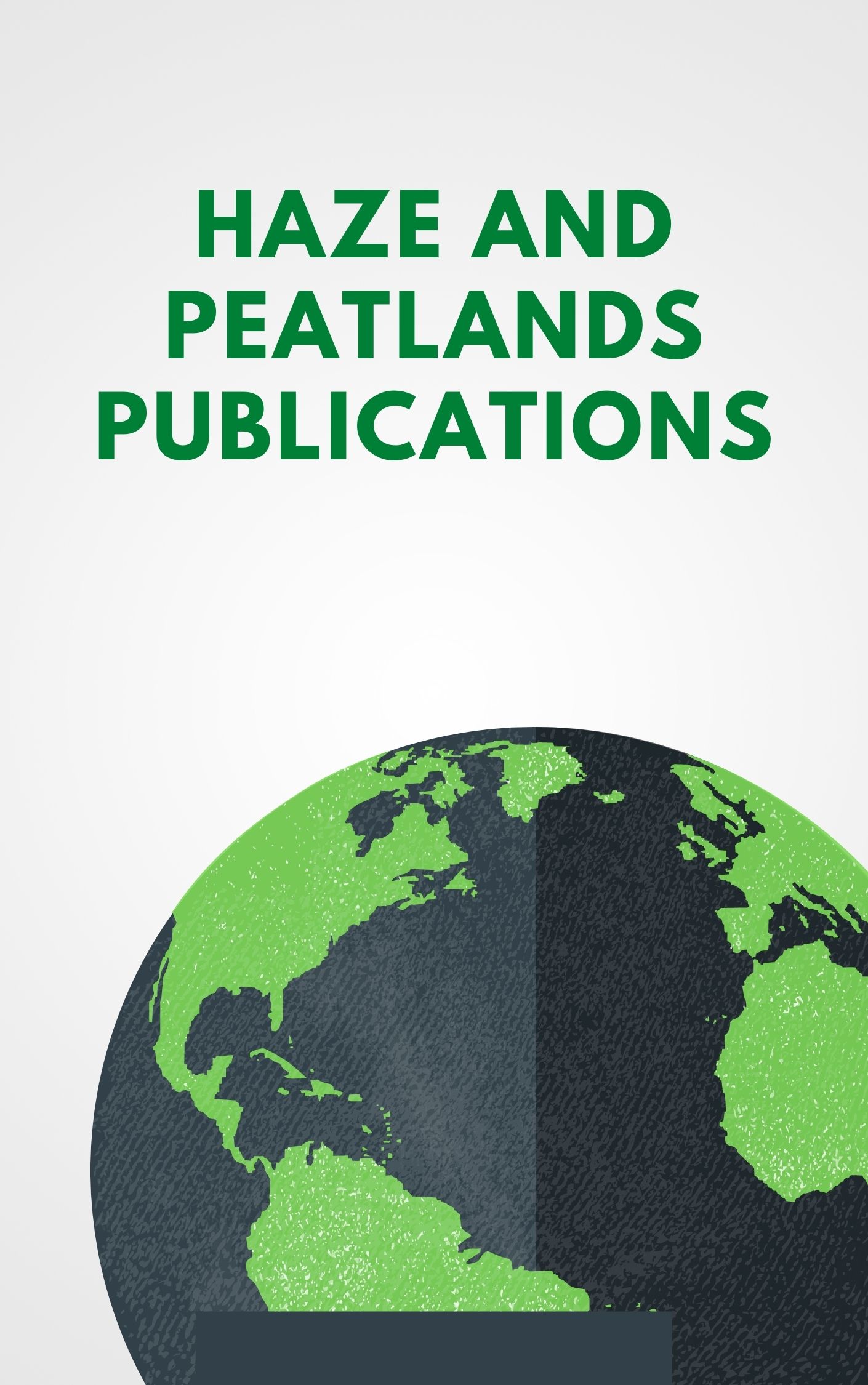Fire frequency has been increasing in recent decades in Southeast Asia, particularly with the expansion of agriculture and wood extraction on the islands of Borneo and Sumatra. These peatland fires are causing high emissions of carbon and particulates, as well as long-term changes to forest composition, biomass, and structure. Only a few tree species in this ecosystem have fire adaptations, e.g., tumeh (Combretocarpus rotundatus), so that such species are common on fire-degraded peatlands. The protection of remaining forests on the islands of Borneo and Sumatra could be possible as a result of policy initiatives to reduce green- house gas emissions. In addition, rehabilitation of these forests may present opportunities for mitigation. At the same time, there are a number of technolog- ical and sociological challenges for the restoration of these forested peatlands. These landscapes are now highly fire-prone, and the livelihoods of local people need attention for these measures to succeed. © Springer Science+Business Media B.V., part of Springer Nature 2018. All rights reserved.
View source

